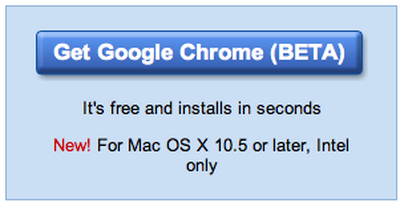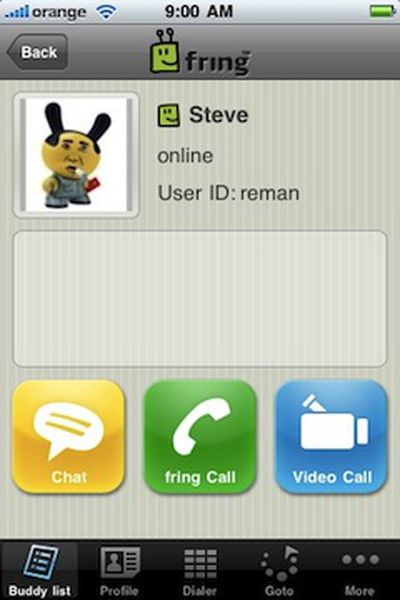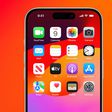Despite there being a vocal outcry for Apple's iPhone to transition to the Verizon network, a couple of analyst reports this week cast doubts that we would see a Verizon iPhone in the near future. Both reports, however, seem to be based on speculation rather than any particular inside source.
Thomas Weisel analyst Doug Reid kicked off the week saying that there appears to be a growing divide with Verizon/Google/Droid on one side and AT&T/Apple/iPhone on the other. He offers T-Mobile as a possible alternative for Apple to break the iPhone's single carrier exclusivity in 2010. T-Mobile, however, has a much smaller customer base than Verizon with only half as many users. Reid expects that Verizon may opt to offer the rumored Apple Tablet or wait for an iPhone that supports 4G networks which are expected in 2011-2012.
Meanwhile, Kaufman Bros Shaw Wu echoed similar thoughts on Wednesday, noting that both Verizon and Apple have become increasingly competitive and offers T-Mobile or Sprint as possible alternatives.
Again, both reports are speculative, but are perhaps a good reminder that very few credible sources have actually confirmed that the iPhone will be offered by Verizon. The expiration of AT&T's exclusivity (believed to be) in mid-2010 makes the move possible, but the best evidence so far has been the rumor that Apple may be manufacturing a Verizon-capable phone in late 2010.
















